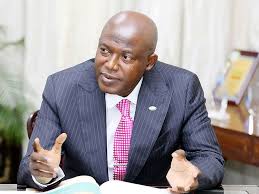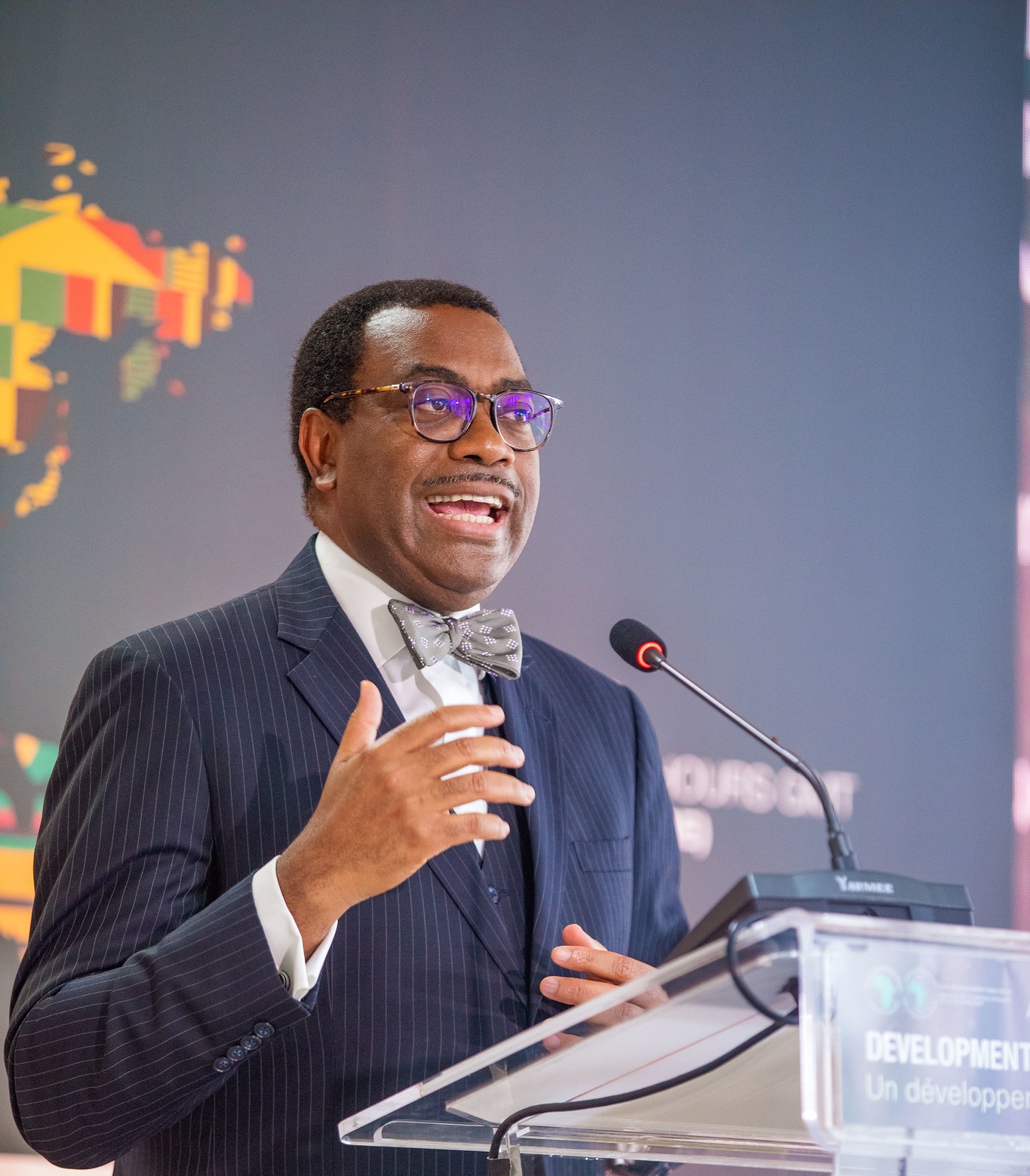The Managing Director/Chief Executive, Bank of Industry (BoI), Mr. Olukayode Pitan, yesterday disclosed that since it commenced its innovative financing mechanism, the bank’s total assets grew by 381 per cent between 2017 and the first half of 2023.
The total assets reached N2.38 trillion by 2022 and N3.29 trillion in June this year.
Speaking at the opening of the 3rd Annual General Assembly of the Association of Nigerian Development Finance Institutions (ANDFI) 2023, with the theme: “Innovative Financing for Developmental Impact” in Abuja, he said the equity position also grew 188 per cent from N220 billion in 2017 to N634 billion in H1 2023.
Pitan, said the creation of quality risk assets helped the bank to maintain a non-performing loan (NPL) rate of about two per cent at half-year, adding that this fell below the regulatory threshold of five per cent.
He said the bank maintains a strong corporate governance structure as its accounts are audited by one of the big four firms and rated by international and local rating agencies including Fitch, Moody’s & Agusto & Co.
The BoI MD noted that for development finance institutions to deepen activities in innovative financing, they must foster mutual support and encourage cooperation among members.
He said this could be achieved through the exchange of technical expertise between member DFIs and similar organisations globally.
He said, “Likewise, we must prioritise the professional advancement of our members while leveraging on the knowledge from best-in-class economies that have adopted innovative financing initiatives.”
He stressed that over the years successfully raised funds from the international capital market, which allowed it to not only fill critical gaps and provide the necessary funding for transformative projects, but also exposed the bank to global best practices and innovative solutions that promote institutional development, and improve the effectiveness of developmental initiatives.
The BoI boss said Nigeria is currently home to an estimated 200 million citizens and is projected to experience the largest population growth in Africa by 2050 to about 400 million people.
He said, “As we strive to achieve sustainable development goals and address global challenges, it has become increasingly clear that traditional financing models are inadequate.
“We need fresh ideas, creative approaches, and collaborative efforts to bridge the financing gap and drive the transformative changes our country desperately needs.
“This is where innovative financing mechanisms that will complement traditional DFIs funding sources come to play. By utilising specialised funding arrangements complemented by non-financial services, we as DFIs are able to act as growth catalysts to the development of the Nigerian economy.”
He said, “Though innovative financing presents a veritable tool for DFIs to raise additional resources for development, specific market failures and institutional barriers prevent private investment from flowing to developing countries.
“Key challenges that have impacted development aspirations include asset deterioration, weak corporate governance and risk management frameworks, and so on. These issues have also influenced the success and growth of DFIs and private sector players in the Nigerian economy, which is one of the issues we plan to discuss today.”
Pitan further emphasised that DFIs play a significant role in ensuring sustainable economic and social development as evident in developed and developing economies where they remain instrumental to their economic successes.
He said DFIs must continuously work together, leveraging on members’ expertise, resources, and networks to unlock transformative projects by working in synergy with the organised private sector and our respective governments.
“Collectively, we can deliver the level of sustainable social and economic development that Africa needs,” he said.
He also stressed on the importance of international cooperation and solidarity in advancing innovative financing for developmental impacts.
He noted that developed countries can support developing countries by providing resources, technology transfer, and capacity building.
As a result, he said multilateral institutions have a critical role to play in coordinating efforts, mobilising resources, and ensuring the effective implementation of innovative financing mechanisms.










